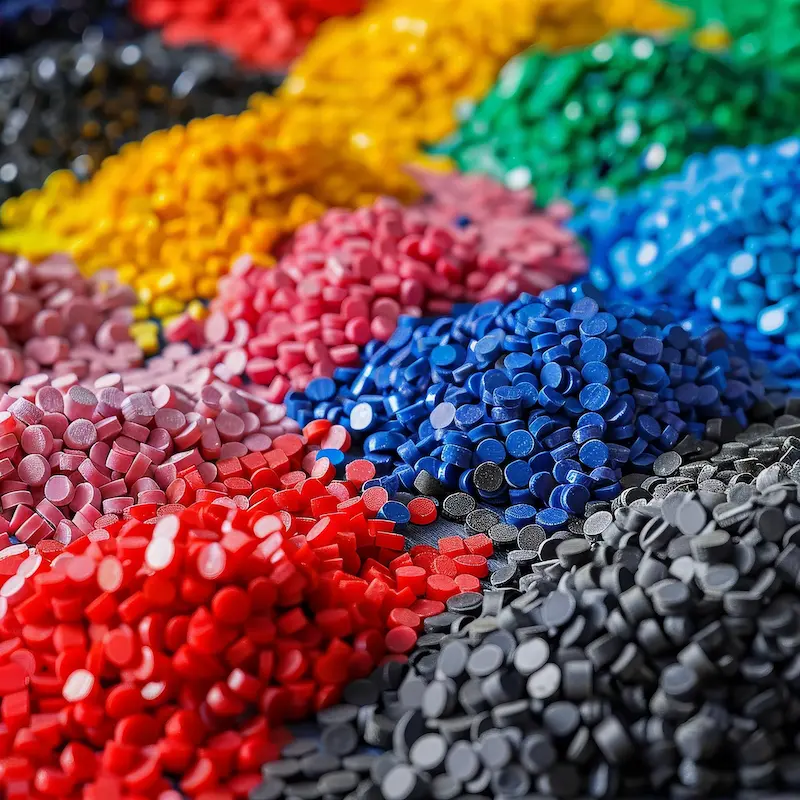
What is a Polymer?
Polymers are materials composed of long chains of large molecules called macromolecules. These chains are formed by the bonding of smaller molecules known as monomers. Simply put, small molecules connect to form monomers, and through the linkage of these monomers, polymers are created. Besides their crucial role in the production of various tools and equipment, polymers also make up a significant portion of natural materials such as proteins and cellulose.
The word “polymer” is derived from the Greek words “poly,” meaning “many,” and “mer,” meaning “part,” which collectively mean “many parts.” This concept aptly describes the chain-like structure of polymers, formed by chemical bonds between monomers. The arrangement of these monomers can lead to the creation of different types of polymers. Overall, polymers are classified into four main categories:
- Synthetic
- Addition
- Condensation
- Rearrangement
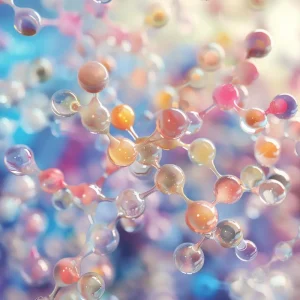
Here’s a summary of some of the most important types of polymers commonly used in our daily lives:
1. Polyethylene (PE)
Polyethylene is one of the most widely used polymers, found in many everyday products. Composed of carbon and hydrogen atoms, this homopolymer comes in various forms with different properties. Due to its availability, low cost, electrical insulation properties, and resistance to solvents and dilute acids, polyethylene is extensively used in making water bottles, food packaging, pipes, fittings, and even medical implants.
2. Polypropylene (PP)
Polypropylene is a thermoplastic polymer made from propylene monomers, discovered in the 1950s. Known for its high flexibility and chemical resistance, polypropylene is widely used across industries. It is used to produce detergents, medical products like syringes, and durable packaging materials.
3. Polyethylene Terephthalate (PET)
Polyethylene terephthalate, or PET, is one of the most widely used polymers in the packaging industry. With features like high strength, lightweight, and tear resistance, PET is used for packaging food, beverages, and even chemicals.
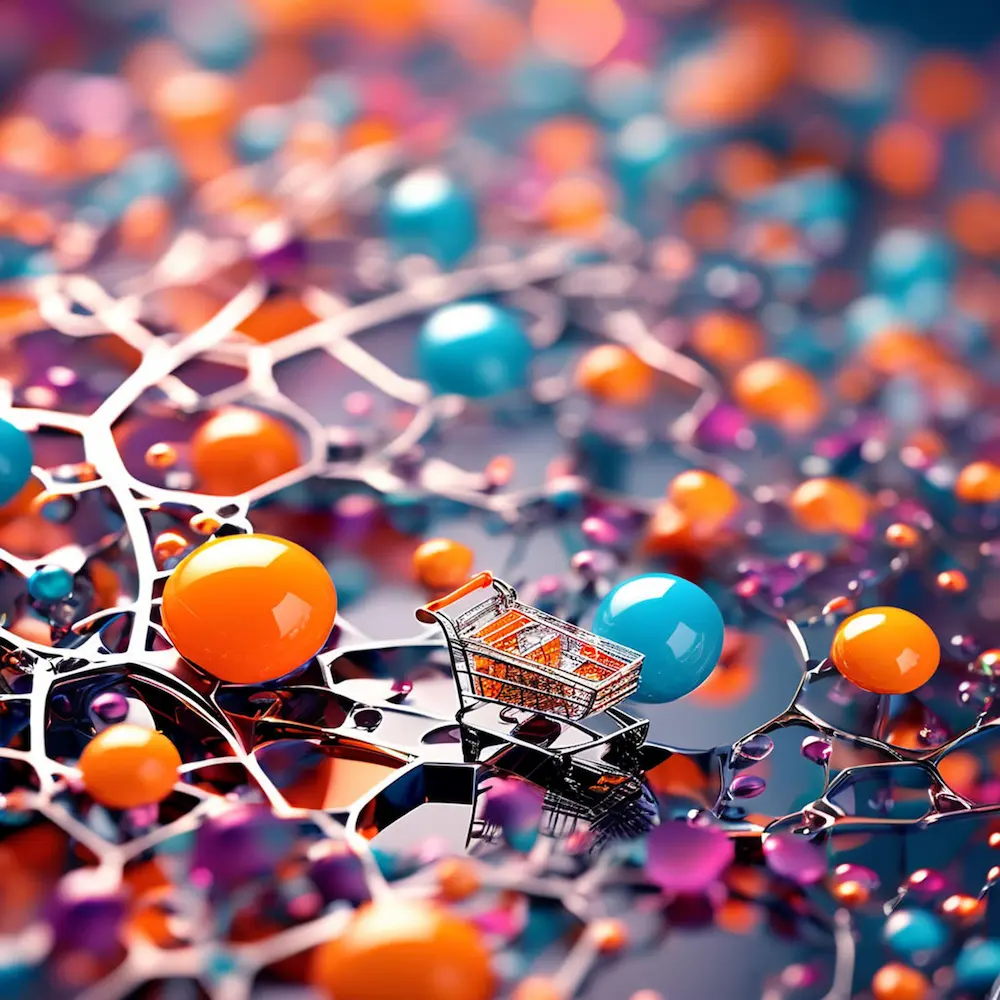
4. Polyamide (PA) or Nylon
Polyamides, commonly known as nylon, are important industrial polymers used in producing fabrics, carpets, and sportswear. Due to their high impact resistance and suitable tensile strength, polyamides are used in textiles as well as in the automotive industry.
5. Polyvinyl Chloride (PVC)
Polyvinyl chloride is one of the most common polymers worldwide, used in construction, medical equipment, and electronics. With high impact resistance and long durability, PVC is utilized in making pipes, wires, and packaging films.
6. Polyvinylidene Chloride (PVDC)
Polyvinylidene chloride is a homopolymer known for its flexibility and high resistance. It is used in flexible packaging and stretch films. PVDC also serves as an electrical insulator and provides resistance to chemicals.

7. Polystyrene (PS)
Polystyrene, also known as polystyrene, is a thermoplastic polymer known for its insulating properties and chemical resistance. It is used in medical applications, packaging, and even in the automotive industry.
8. Polycarbonate (PC)
Polycarbonates are carbonated polymers noted for their flexibility and high stability. They are used in producing medical devices, protective gear, and lighting equipment.
9. Natural Polymers
Natural polymers, such as wool, hair, nails, silk, collagen, proteins, and DNA, are formed naturally in the environment without human intervention. These materials play a crucial role in natural life due to their unique properties.
Conclusion
Polymers are essential materials that have shaped modern life, and their absence could disrupt many aspects of our lives. From packaging products to manufacturing advanced equipment, polymers play a significant role across various industries. Choosing the right polymer for packaging or product production can greatly impact their quality and durability. Thank you for reading this article.

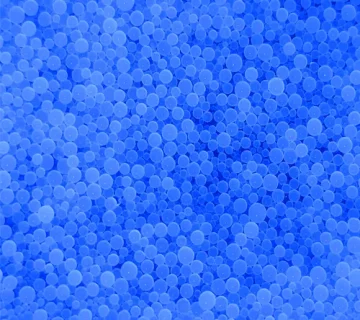
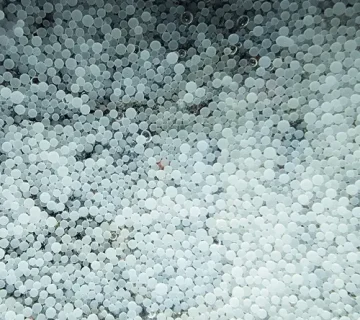
No Views